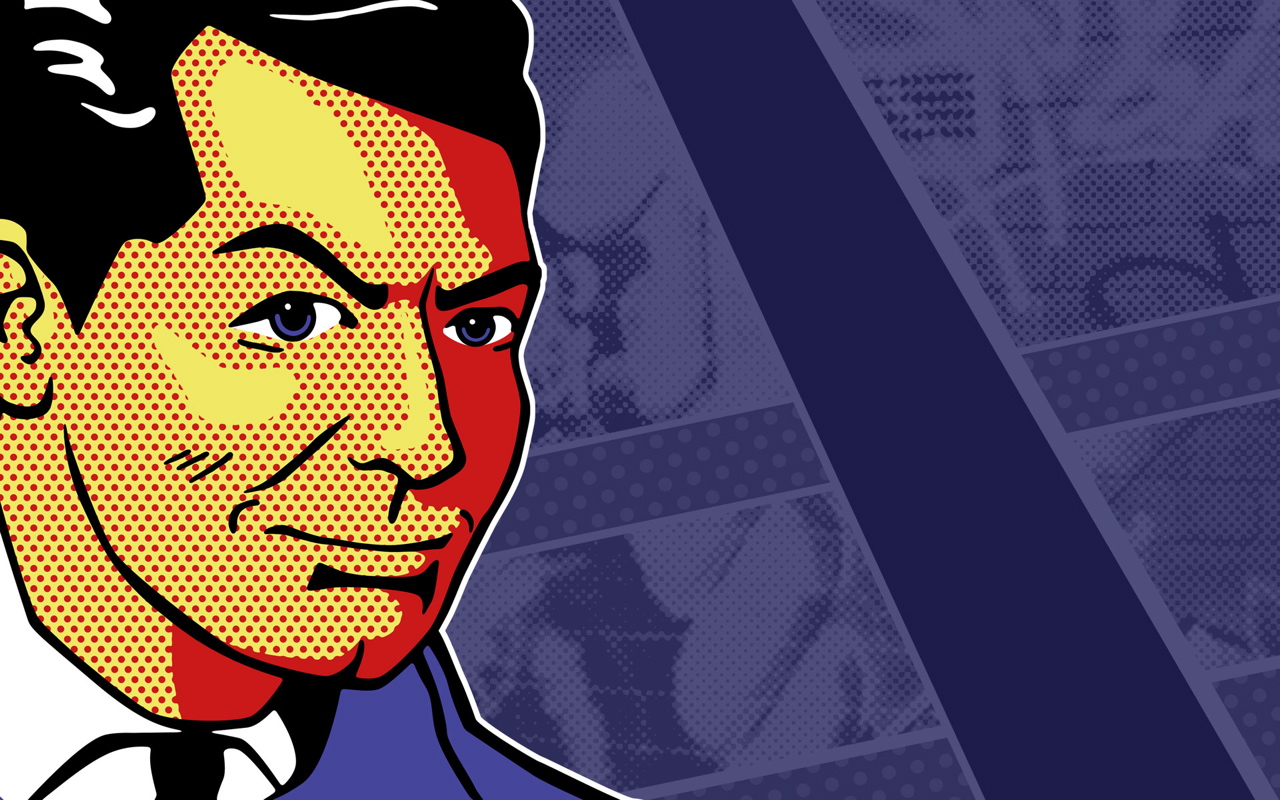Five young consultants take on critics of the public-affairs profession
We are young, European, and working in the ‘Brussels bubble’. Former political-science students, we chose to become public-affairs practitioners because we were passionate about politics and the prospect of a challenging job that would test our ability to marshal the facts and argue a case. We are European Union nerds who enjoy discussing the positive and negative aspects of comitology, and who always feel some excitement when walking down the corridors of the European Parliament, the European Commission, or the buildings of permanent representations. We like pushing policymakers on the finer points of the financial-transaction tax or the new data-protection rules, or discussing how an EU-US free-trade agreement would affect transatlantic relations. These things matter – they affect the trajectory of Europe and 500 million Europeans. We take pride in being part of an informed conversation on issues that are always on top of the political agenda, and in being a part of the change.
That, however, is not how some perceive us.
The ‘news monitoring’ morning ritual, a daily routine for most public-affairs professionals in Brussels, has felt a bit peculiar recently. Again, we are making the headlines. There are accusations that public-affairs practitioners are ‘copy-pasting’ their way into EU legislation; policymakers are blaming US companies for putting their corporate interest ahead of EU laws; and there is increasing suspicion from public opinion towards interest groups. We could ask ourselves whether we, and the other 12,000 professionals working in interest representation in Brussels, are even still seen as a legitimate presence in Europe’s capital. Some have depicted a murky sub-culture, with lobbyists working behind closed doors and pushing the self-serving interests of corporate clients at the expense of European citizens.
This is not how we see it or how it truly is. We are public-affairs consultants working in well-established communications agencies. We do not call ourselves ‘public-affairs consultants’ to give a more diplomatic title to our jobs, but because public affairs is much more than lobbying. We provide expertise to our clients, EU/national institutions and other interested stakeholders. This expertise is based on a well-rounded understanding of the facts, and we believe that hearing these views helps politicians draft better legislation. Our job is about facilitating dialogue between the different stakeholders represented – whether they are from the public, non-profit or private sector – and helping translate and explain their needs to each other, often working hand-in-hand with civil society. And we do so in a transparent manner.
That is a vital role, and a legitimate part of the democratic process. We must therefore reframe the dynamic. These global actors – whether they are Europeans, Americans, Chinese, Indians or Brazilians – do not engage with EU policymakers because they want to challenge their values, fundamental rights and political culture. They connect with legislators because they believe that Europe is a place for innovation and business opportunities. In these challenging economic times, we all need to work together. And at the nexus of business, civil society and politics, we will all need to play our parts.
We have chosen a career which we hope to pursue for a long time. We are thrilled to be partners and advisers to all the actors involved in the future of our Union and its single market. And we are proud to be public-affairs professionals.
Amélie Coulet, Sofia Marchã, Aurélie Caulier, David Hughes, and Stephan Thalen are public-affairs consultants in Brussels. The opinions reflected in this article are those of the authors only.
[yop_poll id=”6″]


